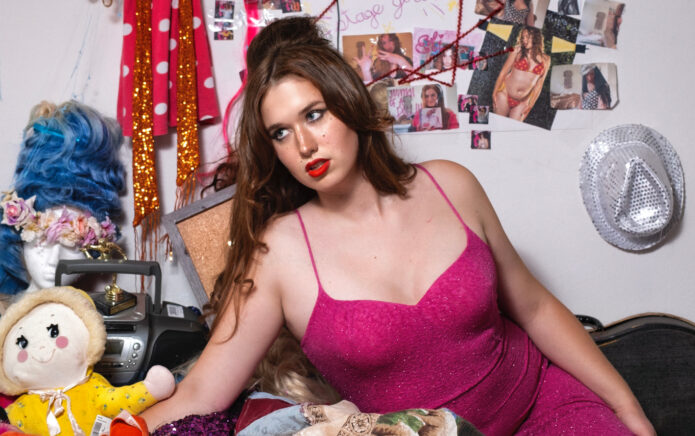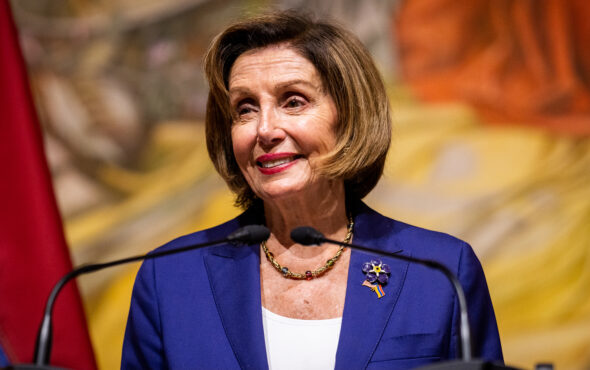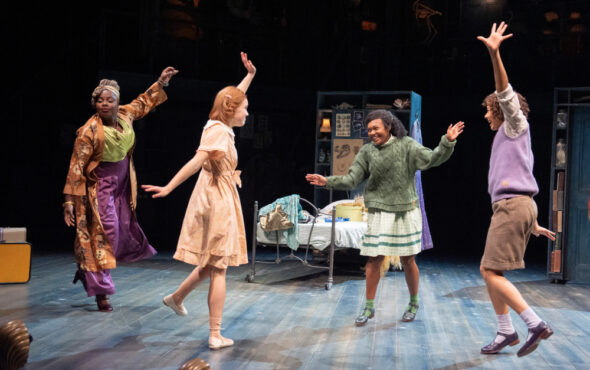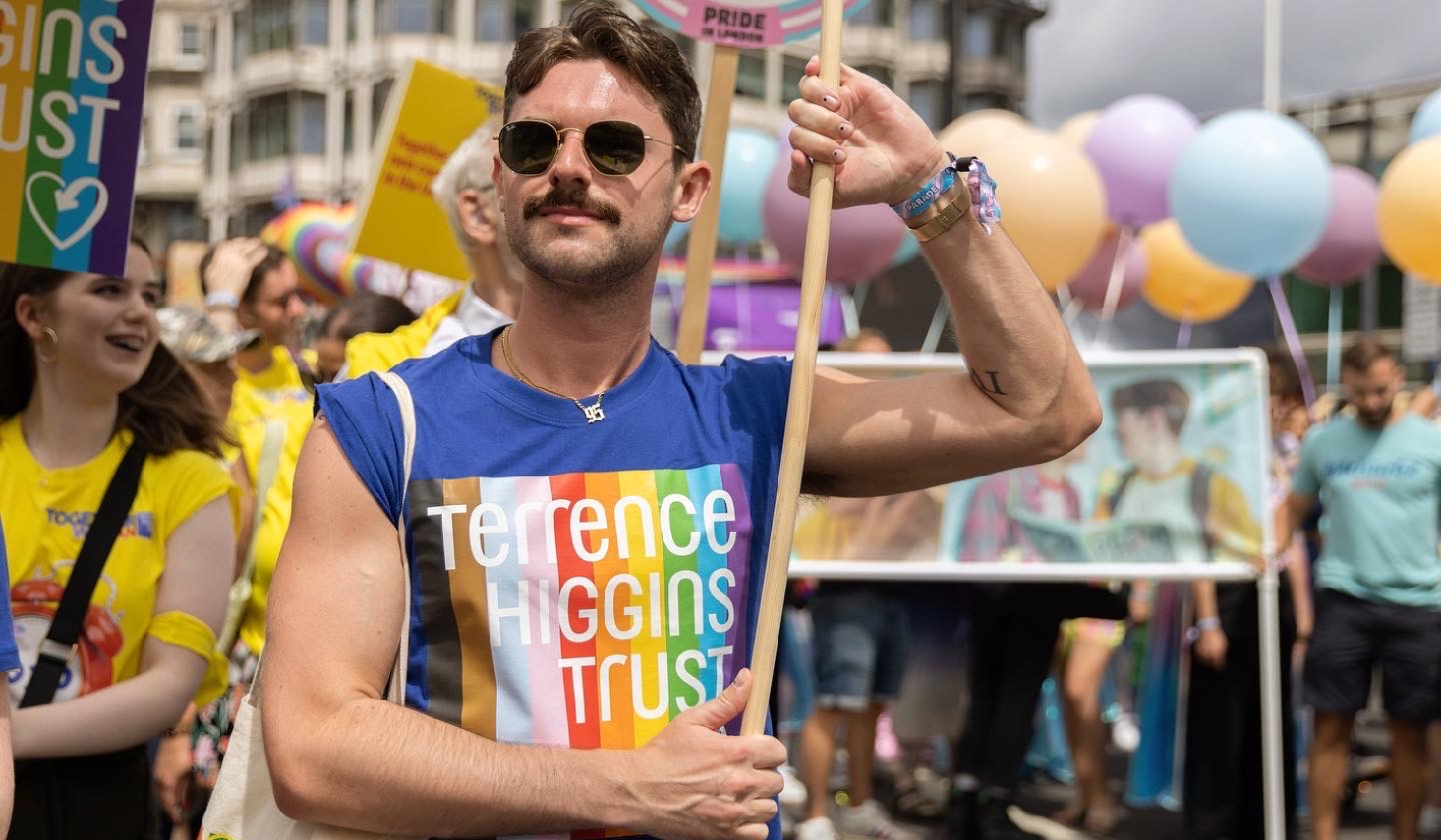
In the decades since the HIV epidemic began, attitudes surrounding the virus have changed significantly and modern day treatments mean that a diagnosis is no longer a death sentence. The government has even committed to achieving zero new HIV infections and ending AIDS and HIV-related deaths entirely in England by 2030, something that would have felt impossible at the epidemic’s peak in the 1990s.
Now, there is a renewed focus on developing a vaccine to stop HIV-negative people from ever contracting the virus in the first place, one of which has reached the trial stage. Run by specialists at the St Stephen’s Centre at the Chelsea and Westminster Hospital in London with partner sites in Europe, the EHVA P01 trial will see five HIV-negative volunteers be given three doses of a vaccine over a 12 month period. They will each be exposed to a genetically engineered replica of the virus while routinely being tested to see if their body is producing antibodies that protect from it.
One of the volunteers is PR executive Dan Harry, who recently took part in the BBC’s historic gay dating series, I Kissed a Boy. “As I was growing up, going to high school as a teenager in the west of Scotland, sexual health and the gay world, gay issues, HIV was not a thing that was discussed,” he told GAY TIMES at a Terrence Higgins Trust fundraising event held at the Royal Vauxhall Tavern last month.
Harry explained that he applied to take part in the trial over a year ago, before he knew about I Kissed a Boy, and that his motivation stemmed from learning more about HIV as he became more “ingrained” into the LGBTQIA+ community as an adult.
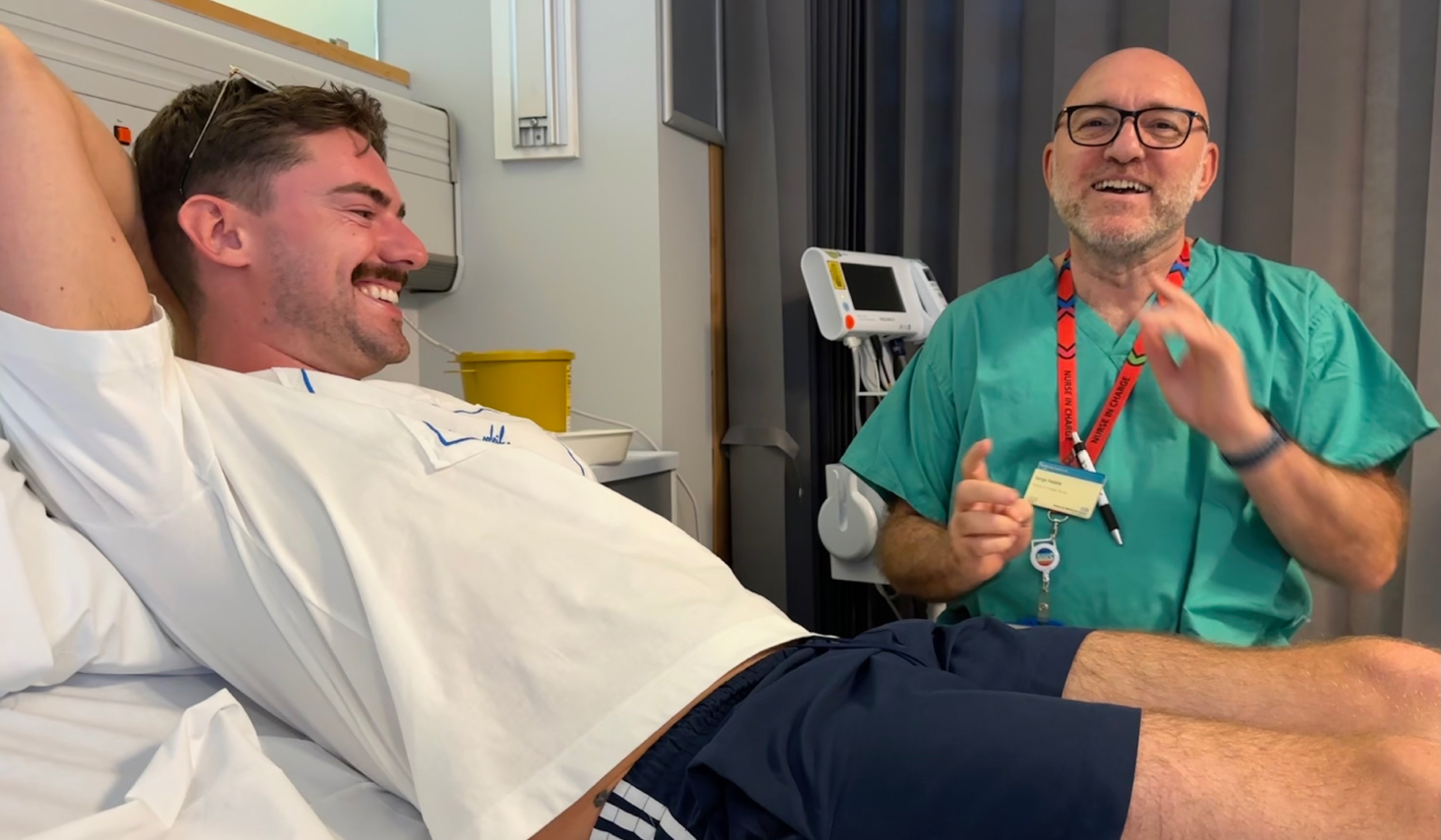
“I got the chance to learn about the community, the generations who’ve come before me, who were most affected by HIV, but who also are the most responsible for the rights that I have today,” he said. “They marched in protest and fought hard for us, at a time when it was so much harder to be gay than it is now. So, I personally felt like I wanted to do this because I want to return the favour to the community and generations before me for what they’ve done for me.”
Since the HIV epidemic began in 1981, there have been more than 80 million infections recorded and more than 40 million people have died because of it. Despite the impact it has had globally, there are still issues with how it is reported on in the media and taught in schools – something which results in misinformation about the reality of living with the virus today.
Harry shared that a lack of discussion about it in school led to a “fear of the unknown” that made him think he was going to die because of being gay. “Growing up in a rough part of Scotland, I had some of my own prejudices about LGBTQIA+ issues – but once I felt like I was safe enough to come out, I tried to learn as much as I could about my community,” he continued. “Especially over the last few months of being a part of the HIV vaccine trial and through my work with Terrence Higgins Trust, I’ve been meeting lots of different people from lots of different walks of life.”
There are a number of misconceptions Harry previously had about the virus, many of which he was able to unlearn as he became an adult and learned more about HIV. “Something that I kind of always thought in my head as a teenager was that HIV was more prominently a ‘gay virus’. What I’ve learned is that that’s not the case and, actually, HIV is most prevalent among people who would say that they’re straight,” he told GAY TIMES. “I’ve met amazing inspiring HIV-positive people who are doing incredible things and living completely normal lives despite their status.”
If the trial is a success, it will help experts develop a prophylactic vaccine that will effectively prevent HIV-negative people from contracting the virus – something Harry said would be a “groundbreaking breakthrough”.
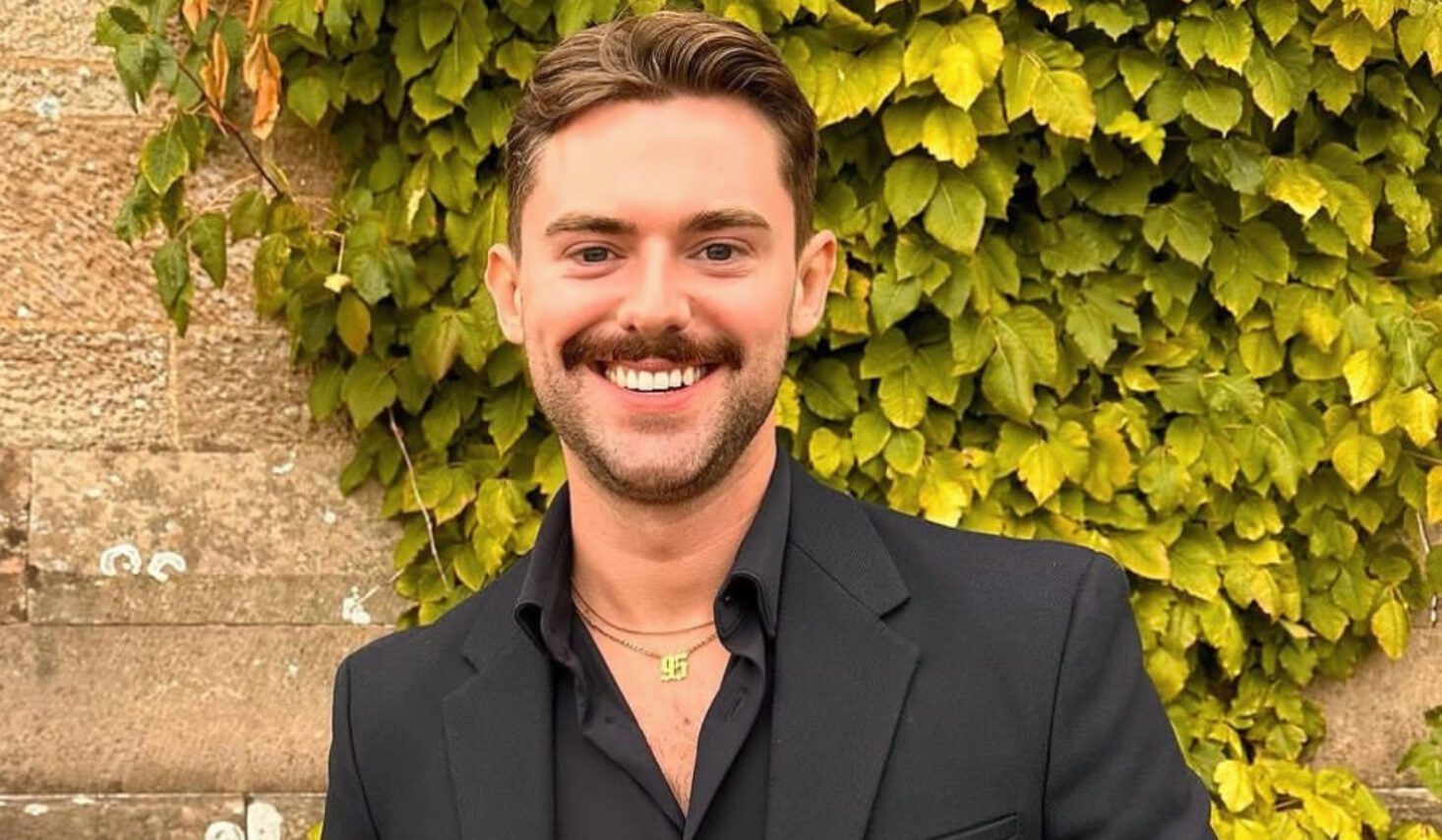
Having had two of the three doses so far, he will get his third and final one around five months from now. “After I have had the vaccine dose, I then have to complete a diary every day of how I feel, my temperature and if I get any redness or bruising, I need to basically log it all,” Harry explained. “There’s not really been anything to log lately because everything’s been completely fine and I’ve had no side effects. The one thing is, I just moan because I have to give so much blood every time I go, and I absolutely hate it because I squirm so much and all the tubes of blood freaks me out. The nurses always look after me and give me snacks whenever I go!”
The results of the trial won’t become clear until 2025, but Harry will continue documenting his experience of it until it’s over. “I’m proud to be taking part in it, but I just see myself as a small cog in the machine, so I don’t necessarily hold as much weight to it,” he shared, adding that he initially “never intended on speaking publicly on it”.
This changed when he met his nurse, Serge, who was a fan of I Kissed a Boy and encouraged him to raise awareness of the trial. “I want everyone to consider this is something that they should want to support and fight against,” he said. “I think there’s also just a lot of misconceptions about HIV in the gay world and I want to use my platform to break some of them down.”
To learn more about the EHVA P01 trial, click here.
